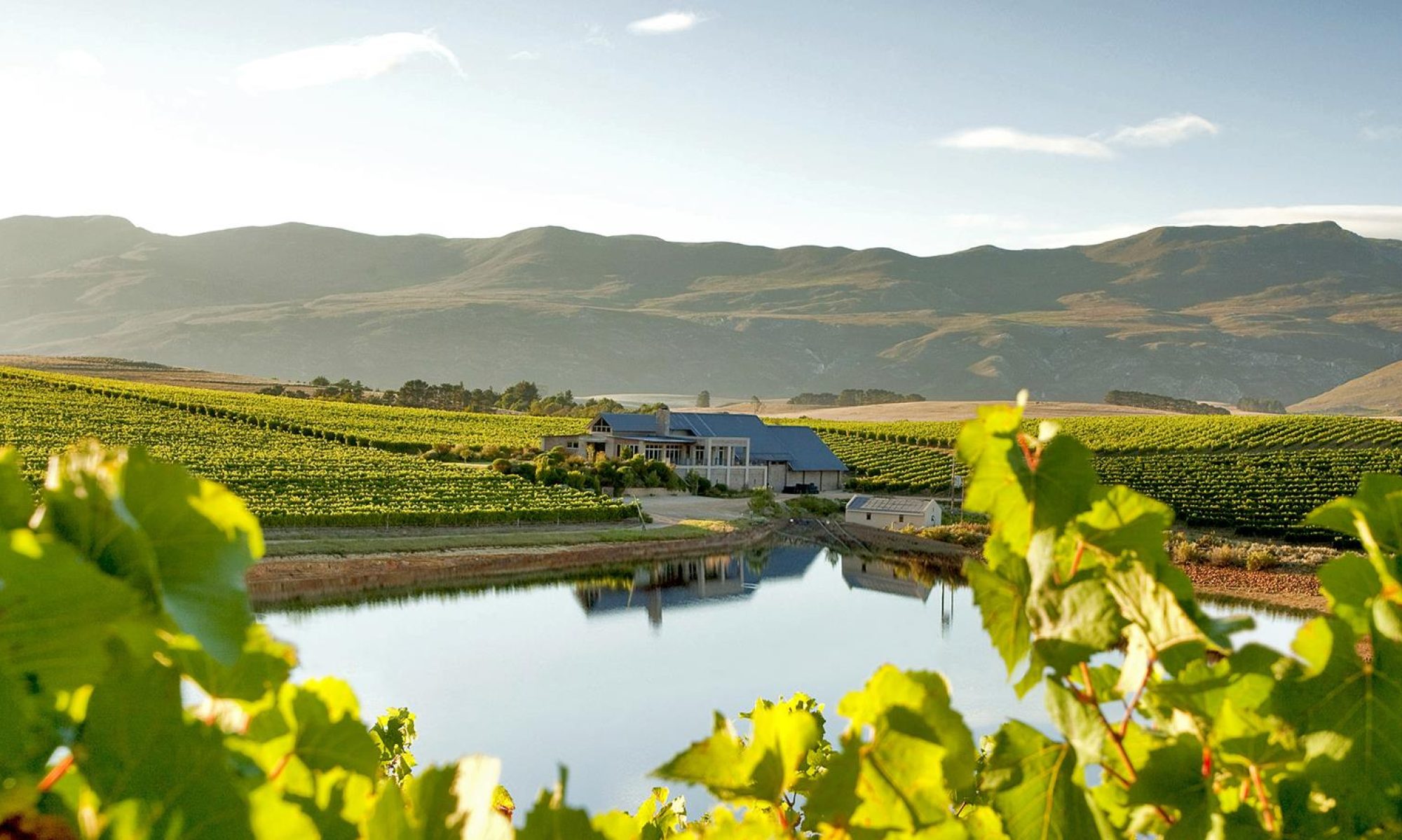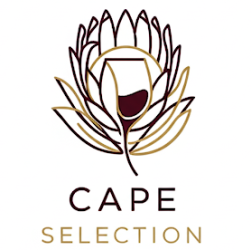We have assembled here a variety of questions in different categories. If any question is posed to us via email or other means, we will consider adding it to the FAQ if it will help other customers.
General Reference Pages
Below are important links for customers, some included in the footer of each webpage. Please refer to them for details. The sitemap gives a list of all the content of the sites for easy reference.
Website (https://www.proteawines.jp):
E-Commerce Site (https://www.proteawines.jp/shop/):
Company Information
- Where are we located?
Our business premises are in Mitaka city, Tokyo, Japan. Details listed on each of our web pages at left bottom.
On our E-Commerce site pages, the address is given at the top of the Contact Page. - How to contact us?
You can use the contact form available at the bottom of every web page on our website.
For physical address, phone and email, see our Contact Page, the detailed contact information, or the E-Commerce Contact Page.
Electronic business card information is available there for convenience. - Can we visit your shop?
At present, our business premises are only intended for collection of orders, with appointments in advance. Our website acts as a showroom for our products. Please contact us if you are interested in tasting or further sales information.
Product Information
- What types of wines and styles are available?
We carry South African red, white, and sparkling wines from a variety of wineries (see below). These vary from high-end table wines to superb collection-quality wines suitable for further ageing in excess of 10-15 years.
Style are for the most part dry in the South African tradition, medium to full body, and in general based on wine-making in the French tradition.
Some wineries produce vegan wines, and most farm using either bio-dynamic principles or sustainable farming methods. The minimum intervention and/or use of natural agricultural methods is reflected in the style of the wines.
See our product pages and brochures for details of products and ranges from each winery. - What price ranges are we looking at?
We make an effort to bring wines of exceptional cost performance to Japan.
We sell to consumers via our E-Commerce site, where prices range from close to the 1,000 JPY mark up to over 10,000 JPY for limited edition products.
Customers wishing to try South African wines for the first time will not be disappointed.
Contact us for business pricing. - Are there any table wines?
False Bay Vineyards, Spice Route Winery, the Whale Pod Collection of Creation Wines, are all in the price range suitable for the table, indoors or outdoors. The cost performance is exceptional.
The estate ranges of Druk My Niet, Creation wines and Lanzerac would be ideal for slow enjoyment with a meal suited to appreciate the wine. - What about wines as presents or collector items?
All the wines are suitable as presents, representing special qualities of South African vinticulture.
The high-end wines such as the icon collection of Druk My Niet, the Reserve and Art of Creation wines of Creation Wines, and the heritage collection of Lanzerac, would make good collector items, as well as presents or use at special occasions. - Can these wines be aged?
Wines that can be aged are specifically described as such in the brochures. The applies mostly to red wines, whose complexity and taste will be enhanced thereby. However, the high-end wines are all suitable for longer storage. - Is storage in Japan easy?
Humidity and temperature control are key to wine storage, as well as keeping away from sunlight, and minimizing vibration. Japan has high humidity in the summer, and the poor insulation of housing means that special care needs to be taken when storing wine.
Wines with corks should be kept on their sides, to prevent the cork from drying out and air entering the bottle. Wines with screw caps do not need to be kept on their sides (aside: screw caps and similar non-cork caps are becoming the norm, and the use or cork or lack thereof is no longer an absolute indicator of wine quality, although it may confer some status).
Ordering and Payment
- How does one order?
Consumers may order from our E-Commerce site, by phone, email, or directly from our premises.
Business orders can be processed on our E-Commerce site too, but preferably directly (offline) where we provide customized quotation and supplementary services (e.g., tasting, menu creation). Please contact us for details. - Can orders be made by phone or email?
Certainly. We can send invoices by email or phone application as needed. - Is international ordering possible?
Yes, we can sell overseas. Please contact us for detailed conditions. - What is the difference between the website and the E-Commerce site?
The website is our overall business site, with company, product, event information, and blog.
The E-Commerce site is a shopping cart specifically intended for online purchases. - What is the best way to pay?
For consumers, credit card or Paypal would be most convenient,
For business customers, bank transfers or cash on delivery would be most convenient.
Please see our conditions pages for acceptable payment methods, which include also cash on delivery. - What credit cards are possible?
Most standard credit cards (Visa, Mastercard, JCB, Diners Club, etc.) are acceptable.
See our conditions for details. - What internet banking capabilities do we support?
At present, apart from online credit card payment, Paypal is the only supported internet banking capability on our E-Commerce site. Depending on demand and feedback, we may add further payment gateways (Remise, Square, Stripe, etc.). - What payment types are NOT supported?
We do not support debit cards, cheque payments, crypto-currency payments, or currencies other than Japanese Yen. Credit cards other than those listed in our conditions may be supported, but this is not guaranteed. - What currencies do we accept?
Only Japanese yen at the present time. Customers wishing to make payment in other currencies, please contact us for arrangements.
Winery Information
- Whose wineries’ products are available through us?
Currently, we promote wines from 5 wineries: False Bay Vineyards, Spice Route Winery, Druk My Niet Estate, Lanzerac Estate, and Creation Wines Estate.
Please see our winery information pages for details. - How do we choose wineries and their products for Japan?
Our connection to South Africa enables us to draw on long experience of the South African winelands to select wineries with appeal to the market, and/or a long tradition. - Any future plans for new wineries?
Yes, we would like to expand our selection of wines and wineries in 2020, and are in negotiation with wineries in different areas of the Cape winelands to what we currently bring to Japan. - Do many South African wineries sell to Japan?
Not that many, as it turns out. The largest seller is KWV, the South African wine cooperative. However, several importers are bringing in wines from boutique wineries. We pride ourselves on bringing in wines some of the most established wineries in South Africa for the first time.
Information regarding South Africa
- Why South African wines?
South Africa, although included in the “New World”, is by no means new to the wine world! During the 18th century the French set up exclusive vineyards for export to France, and this tradition is continued in the quality of the wines to this day. Combined with the unique habitat (e.g., fynbos), South African wines have a distinctive style, and can occupy a range from the cool Bourgogne and Rhone styles to the more tropical ones found in New Zealand and Australia. - Which areas of South Africa are good for wines?
The traditional area is the Cape winelands, covering areas of the Cape Peninsula, Stellenbosch, Paarl and Franschoek.
Newer areas are the Swartland for hotter climate wines (e.g., Sauvignon Blanc, and also well-known for port wine production), and Walker Bay for cooler climate varieties (e.g., Pinot Noir). - Which types of wines are common?
White wines account for 55.2% of the production. red wines for 44.8%.
Among white wines, there is a lot of Sauvignon Blanc, Chardonnay, and the South African variety Chenin Blanc which accounts for 18.6% of white wine production.
Among red wines, the major variety is Cabernet Sauvignon (11%), Shiraz/Syrah (10.3%), Merlot (5.8%, with Pinotage the unique South African variety accounting for 7.4% of the red wine production.
See: https://www.wosa.co.za/The-Industry/Statistics/World-Statistics/
and http://www.sawis.co.za/ for statistics. - How old are the vines?
Many of the vines, especially bush vines (vines left to grow naturally without any trellis support), are over 20 years old, some like old Sauvignon Blanc vines may be over 50 years old. - How popular is wine in South Africa?
It is true that beer is considered the staple alcoholic beverage, but wine is a close second, and is drunk at (or between!) meals, barbeques (known as “braai” in the local dialec), picnics, or wherever there is opportunity to enjoy. - How much of world wine is from South Africa?
In 2018, South Africa ranked 10th world-wide in wine production, supplying 3.4% of the world’s wine.
See: https://www.wosa.co.za/The-Industry/Statistics/World-Statistics/
and http://www.sawis.co.za/ for statistics. - How does price and quality compare with New and Old worlds?
South African wine quality can be compared to that of France, with a lower cost owing to the lower cost of living in South Africa.
Compared to South America and Australia, South Africa produces far less quantity, and has a far greater number of smaller wineries producing varieties suitable for the terroir and micro-climates of the vineyards. This makes the wines interesting and varied. - Do we have any recommendations to visit South Africa?
As one of our co-founders is from Cape Town, we have no hesitation in recommending a visit to the “Mother City”, and tours of the various winelands, nature estates, and historic sites and landmarks, many of which are associated with wine. Participating in wine tasting, and dining at wine estates is among the most enjoyable and memorable experiences one can expect in South Africa, and is highly encouraged.

